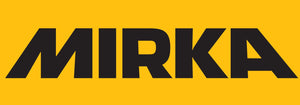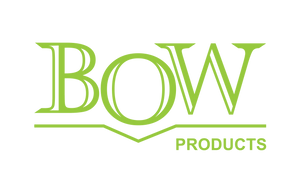In this blog, we'll guide you through the process of building a custom sized mold for epoxy resin pours.
Disclaimer: Although we have used some industrial machinery in this guide, you can still achieve the same results with basic handheld tools outlined below.
Tools Needed
- Tape Measure & Pencil
- Drill / Driver + suitable drill bit/driver bits to suit your chosen screw size.
- Circular saw / Track saw to cut sheet materials
- Knife/blade to trim tape
- Caulking Gun
- Safety gear - Eye & Ear protection
Materials Needed
- Chosen sheet goods - Melamine or Form Ply are recommended.
- Acrylic Gap Filler
- Screws (screw sizing dependent on material used).
- Good quality packaging tape or Tuck Tape (optional)
Making The Mold
Step 1 – Measure the size (length and width) of the timber.

Step 2 – Trim the melamine or form ply (ensure this is slightly larger than the timber to allow for trimming after the resin has set). A circular saw/track saw is the ideal tool for use at home.

Step 3 – Check the fit of the timber with the cut melamine or form ply.

Step 4 – (Optional) Cover the interior surface of the mold with a good quality packaging tape or tuck tape for an extra protective layer. This is a great idea if you're wanting to re-use the mold in the future or just want a fail safe. Use a blade/knife to cut the overhang.

Step 5 – Assemble the mold sides to the base using acrylic gap filler & screws (screw sizing dependent on material used). Make sure to pre-drill the holes using a suitable size drill bit.


Step 6 – Check the sides are square before attaching the ends.

Step 7 – Caulk the internal corners/edges to ensure the mold is sealed and allow to dry before pouring resin.

Step 8 – Apply mold release according to manufacturers directions prior to placing timber into mold.
And there you have it – the step-by-step guide to creating a custom sized mold for your resin project! Remember, these foundational skills extend beyond serving boards and can be transferred into bigger resin projects such as coffee tables, dining tables and more.
Remember, safety is key, so make sure to gear up with the appropriate safety equipment when using tools. We choose to use Iso Tunes hearing protection and RZ Masks to protect our lungs when working in the shop.

















